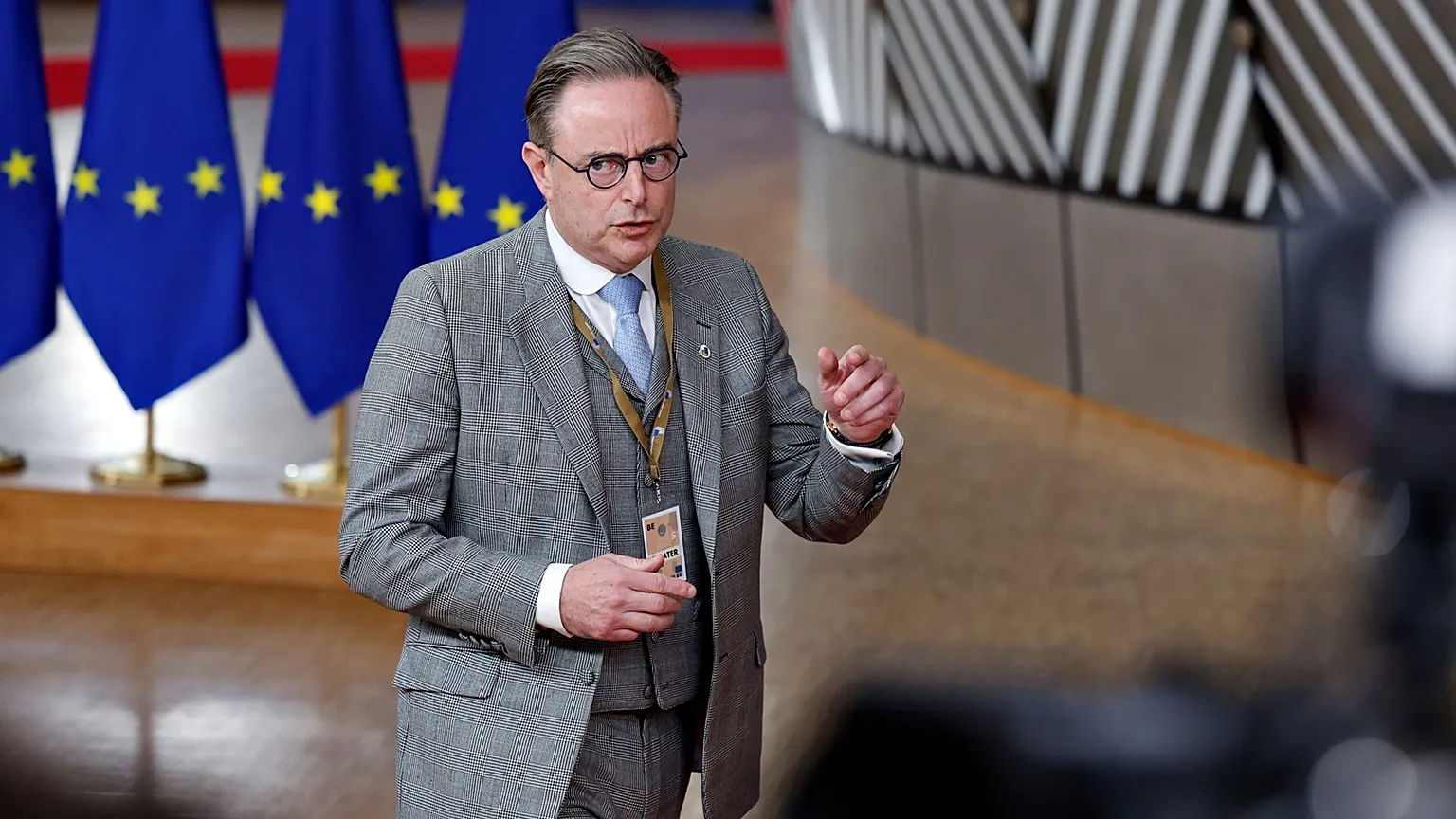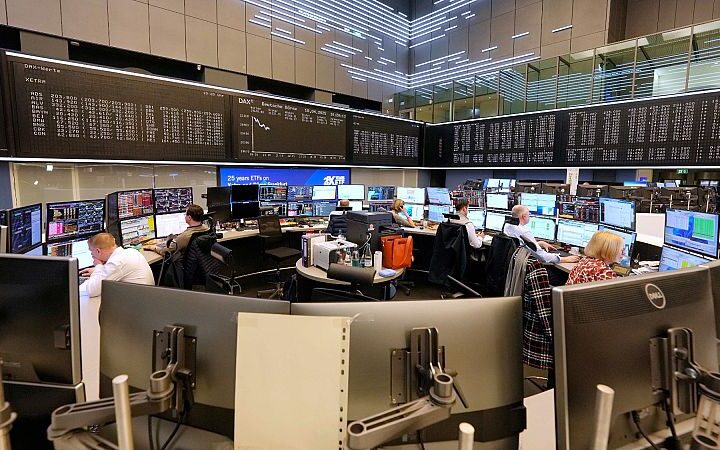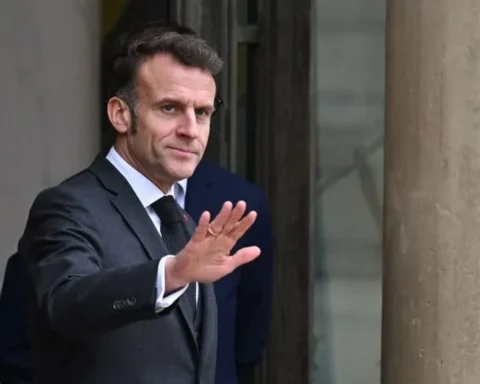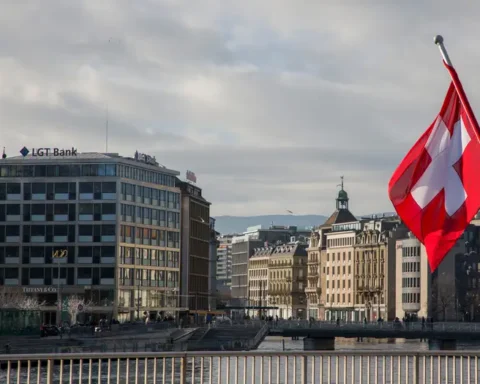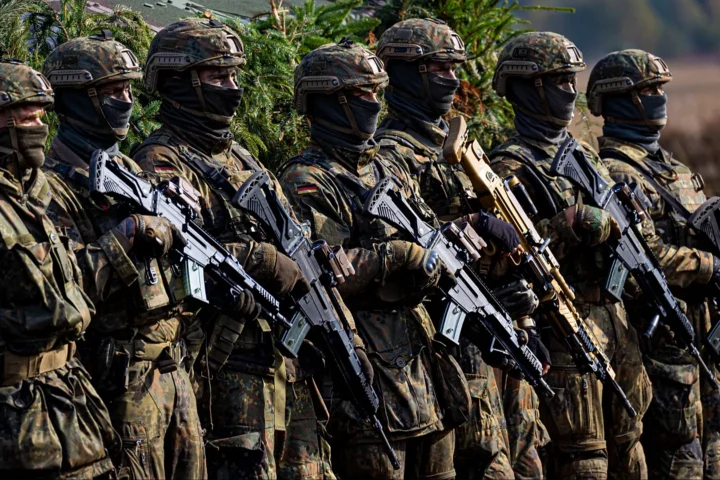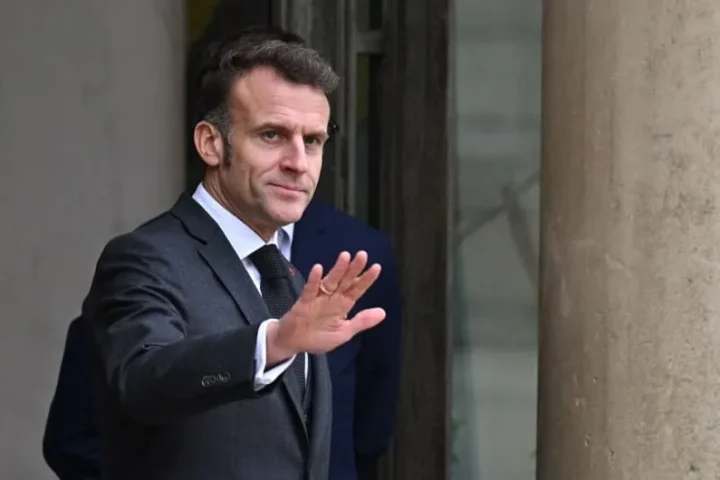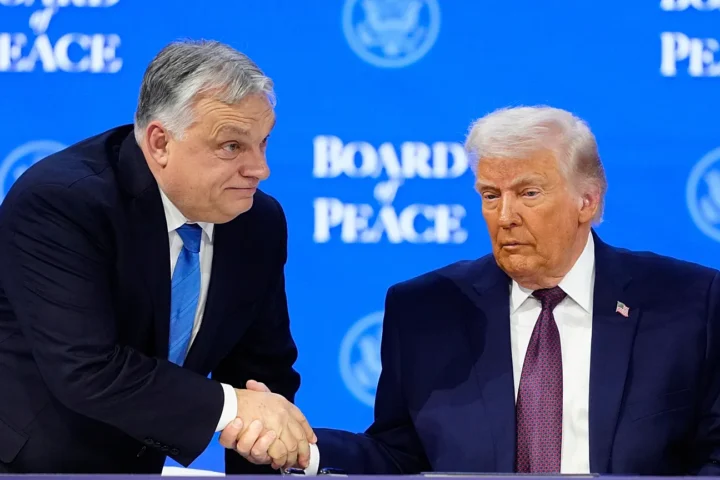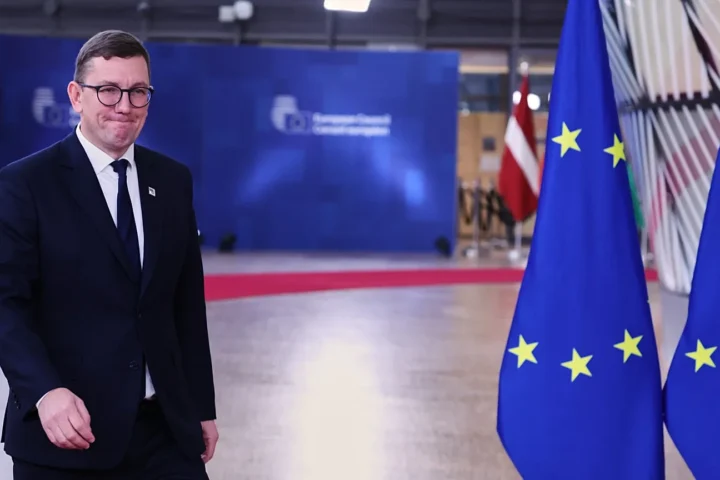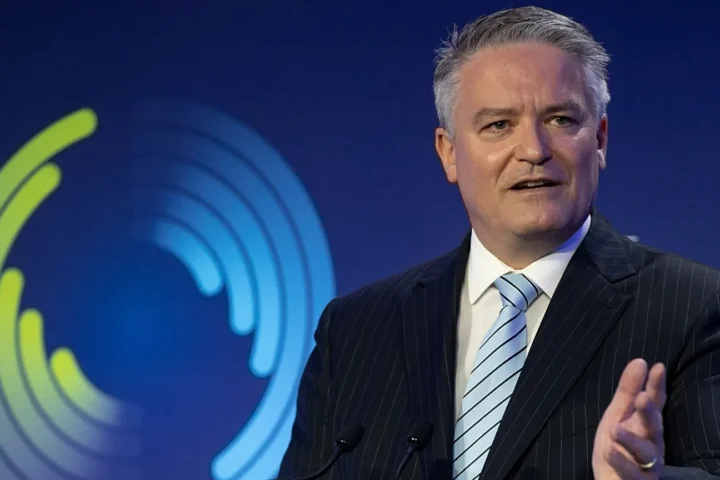Brussels — European Union leaders convened this week amid growing tension over a proposed €140 billion financial support package for Ukraine, as Belgian officials signaled their intent to block the loan unless strict conditions and oversight measures are enforced. The standoff highlights deep divisions among EU member states over fiscal responsibility, governance, and the scale of support for Kyiv in the ongoing conflict with Russia.
A Fractured Consensus
The loan proposal, aimed at bolstering Ukraine’s economy and sustaining critical government operations during wartime, has faced strong backing from several EU members, including Germany, France, and the Netherlands. These countries argue that immediate financial assistance is necessary to stabilize Ukraine, support its defense capabilities, and ensure that reconstruction efforts can commence.
Belgium, however, has emerged as a vocal opponent. Officials in Brussels have expressed concern that the magnitude of the loan, coupled with limited enforcement mechanisms, could expose Belgian taxpayers to disproportionate risk. Lawmakers and government representatives are reportedly demanding detailed assurances on the monitoring of funds, transparency in Ukraine’s spending, and a clear repayment framework before committing to the package.
The Political Stakes
The EU summit, traditionally a forum for demonstrating unity among member states, has become a stage for intra-European debate over the bloc’s role in international crises. Belgian resistance reflects broader tensions over fiscal prudence and the willingness of smaller member states to shoulder significant financial commitments in support of non-EU nations.
Analysts note that while Germany and France are keen to maintain the EU’s strategic influence in Eastern Europe, Belgium’s stance underscores a growing insistence on accountability and risk mitigation. The impasse has raised questions about whether the EU can act decisively as a unified entity in responding to the ongoing war in Ukraine, where financial support remains critical for both military and civilian operations.
Economic and Humanitarian Considerations
Proponents of the loan argue that delaying support could exacerbate Ukraine’s economic crisis, disrupt essential public services, and hinder reconstruction efforts in areas damaged by the conflict. The €140 billion package is intended to cover government expenditures, social programs, and infrastructure rebuilding, while also signaling the EU’s commitment to Ukrainian sovereignty and stability.
Critics, led by Belgium, counter that the scale of the loan demands robust safeguards. Lawmakers are calling for precise auditing measures, oversight committees, and legally binding mechanisms to ensure funds are used effectively and transparently. There are also concerns about the precedent such a massive loan could set for the EU’s fiscal obligations, potentially impacting the bloc’s own budgetary stability.
Negotiations and Next Steps
EU leaders are expected to continue negotiations in the coming days, with Belgian officials likely to press for a binding framework on transparency, accountability, and repayment schedules. While some diplomats express optimism that a compromise can be reached, others warn that protracted disagreement could delay critical financial support to Kyiv at a time when economic and military pressures are intensifying.
Observers note that the Belgian position, while focused on safeguards, may encourage other member states to demand greater scrutiny and formal reporting requirements for EU-led assistance. The outcome of these negotiations could shape not only Ukraine’s immediate access to financial aid but also the future mechanisms by which the EU coordinates large-scale support for international crises.
Implications for the EU’s Global Role
The standoff over the €140 billion loan illustrates the challenges facing the EU as it balances strategic ambitions with internal fiscal responsibility. How the bloc navigates this dispute may influence its credibility on the global stage, particularly in demonstrating its capacity to act decisively in matters of security, humanitarian assistance, and international stability.
For Ukraine, timely access to funds remains critical, not only to maintain essential services and economic resilience but also to send a signal of continued European support in the face of ongoing geopolitical pressures.
As discussions continue, all eyes will remain on Brussels to see whether the EU can reconcile its internal divisions and deliver a unified financial lifeline to Kyiv—or whether member state resistance will redefine the limits of European solidarity.
